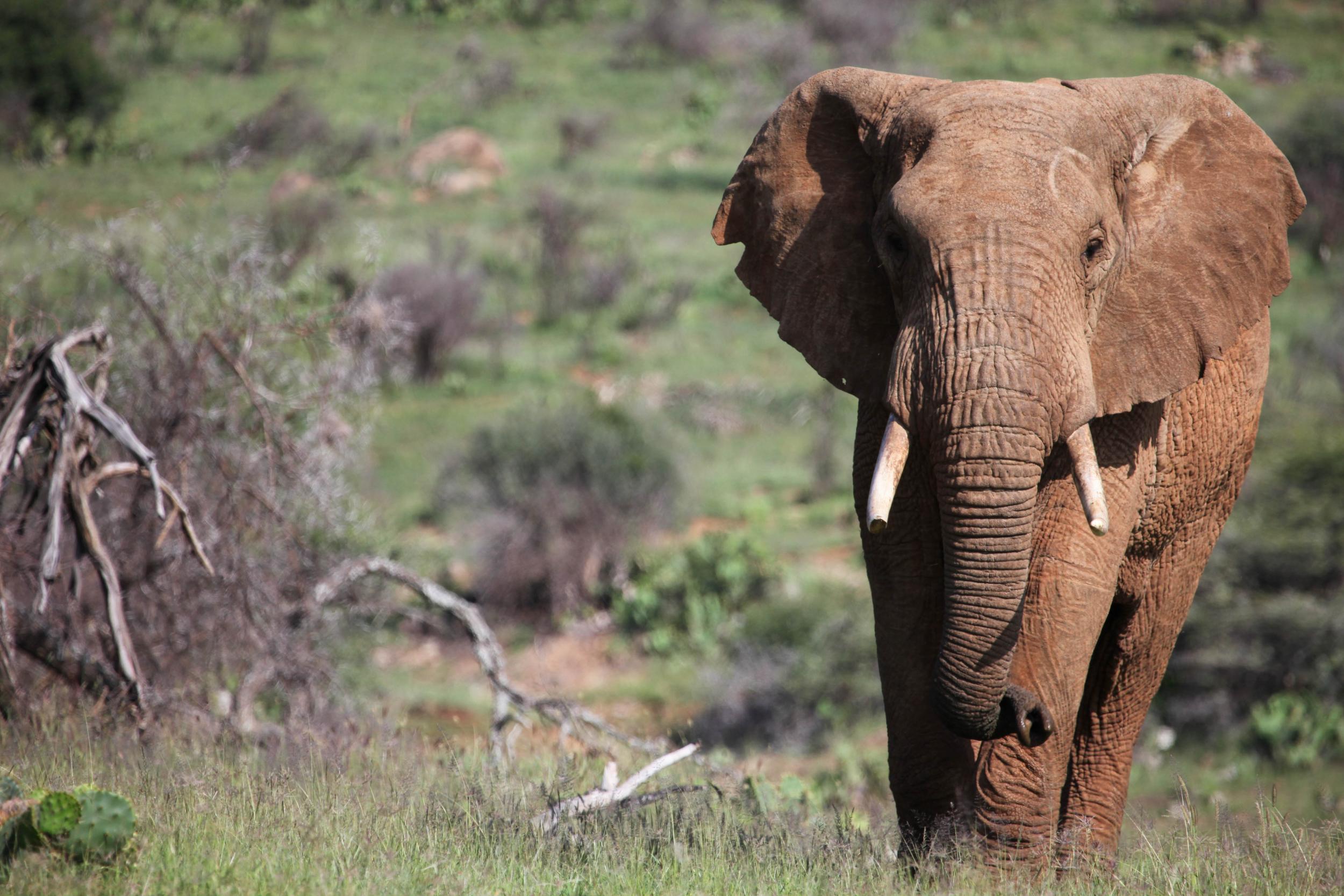We must work together to stop the catastrophic loss of wildlife
There is not just one solution to stopping the slaughter of animals, says Major-General Johan Jooste, Head of Special Projects at South African National Parks

Poaching in Africa and beyond is a well reported problem. Over 1,000 rhino and 20,000 elephant are currently poached each year. The recent “Great Elephant Census” found a lower overall elephant population than expected, making the poaching numbers even more shocking. Many governments and non-governmental groups are attempting to resolve these issues, including my own body, South African National Parks along and partners like Peace Parks Foundation. In other parts of Africa organisations such as The Giant’s Club are working to similar ends.
There are four interlinked strategies to try to prevent this catastrophic loss. These include efforts to reduce or manage demand in places like China and Vietnam through education and public information campaigns. These campaigns will take time to have an effect and therefore slowing the rate of the slaughter gives them the greatest chance of success. We can therefore try to complicate the trafficking of ivory, rhino horn and other illegal wildlife products from Africa to Asia by disrupting transnational crime networks through intelligence-based work.
We can make efforts to catch and deter poachers themselves by deploying well-equipped and well-trained rangers (often assisted by dogs), supported by air assets and sophisticated technologies such as ground-based radar. Finally we must also ensure that local communities benefit more than they lose from “live” wildlife so that it is in their long-term interests to protect animals and their habitats. These areas of activity must work closely in conjunction with each other because no single area will solve the problem alone.
The beefing up of law-enforcement may be seen by some as a militarisation of conservation. However, it is simply one component of the wider strategy and is focused more on law-enforcement rather than outright warfare in the most literal sense. Indeed all-parties want to avoid true military intervention, such as the deployment of soldiers in the field. This would likely damage the natural wonder of a park and could also critically undermine the value of natural resources for tourism and other sustainable revenue. No visitor wants to have their view of an elephant in wilderness marred by the sight of a battalion of infantry in the background. Therefore the trade-off between effective enforcement against a well equipped, armed and committed adversary and over-militarisation is a very challenging balance to strike.
This trade-off can be eased through the effective use of technology which can help ensure that limited conservation resources are deployed in the right place at the right time. It can also help make rangers safer and reduce the risk that poachers will be killed through unexpected “contacts”, which serves nobody well in the long term. For this reason rangers rigorously follow strict rules of engagement.
Thanks to interventions like these, rhino poaching incidents have decreased over the past two years in the Kruger National Park. However poaching numbers are still high and the demand for rhino horn is increasing. It is not the time for complacency and therefore we must persist with the plan and re-double our efforts to secure a future for Africa’s wildlife, its wilderness and a large number of its people too.
Major-General Johan Jooste will be speaking at the Royal Geographical Society (RGS), Kensington, London, SW7 2AR on Tuesday 3rd October 2017 at 7pm. He will cover these issues, discuss what more needs to be done, and explore how it can be achieved. Click here to buy £10 tickets.


Join our commenting forum
Join thought-provoking conversations, follow other Independent readers and see their replies